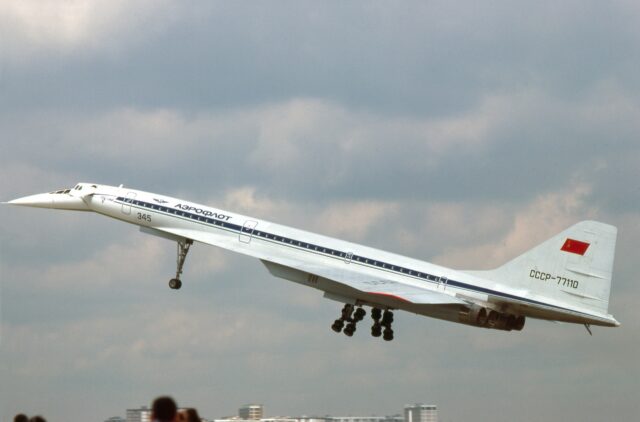
In a world airport first, Heathrow has announced that the first electric-hybrid aircraft will not have to pay landing charges for an entire year when it is put into regular service.
At the BusinessGreen Leaders’ Summit in London last week, Heathrow’s Chief Executive John Holland-Kaye launched an innovation incentive valued at nearly £1 million.
There are already more than 100 electric aircraft projects underway across the world, and estimates suggest electric aircraft could touch down at major international airports by 2030. Innovators are facing two main hurdles though – the cost of development and current demand.
Heathrow’s prize has been designed to incentivise airlines to invest in electric technology, helping to increase demand and speed up the arrival of zero-emissions flights at the UK’s biggest airport.
Heathrow 2.0
Electric aircraft could help support Heathrow’s sustainability strategy – Heathrow 2.0. The airport already incentivises airlines to bring their greenest fleet to Heathrow through the use of environmental charges. It also runs a quarterly ‘Fly Quiet and Green’ league table which tracks airline performance on noise and emissions targets.
Heathrow has a partnership with Virgin Atlantic and LanzaTech to further the take-up of more sustainable biofuels.
Heathrow Chief Executive John Holland-Kaye, said: “Heathrow has long been a leader in sustainable aviation. We championed carbon neutral growth in global aviation, which will come into effect in 2020. The next frontier is zero carbon flying, and I hope this prize will help to make it a reality at Heathrow by 2030.”
Later this year, Heathrow will publish its carbon-neutral growth roadmap, setting out how the airport can deliver its aspiration for growth from a third runway to be carbon neutral. Heathrow is already working towards operating carbon neutral airport infrastructure by 2020, and being zero carbon by 2050.
















